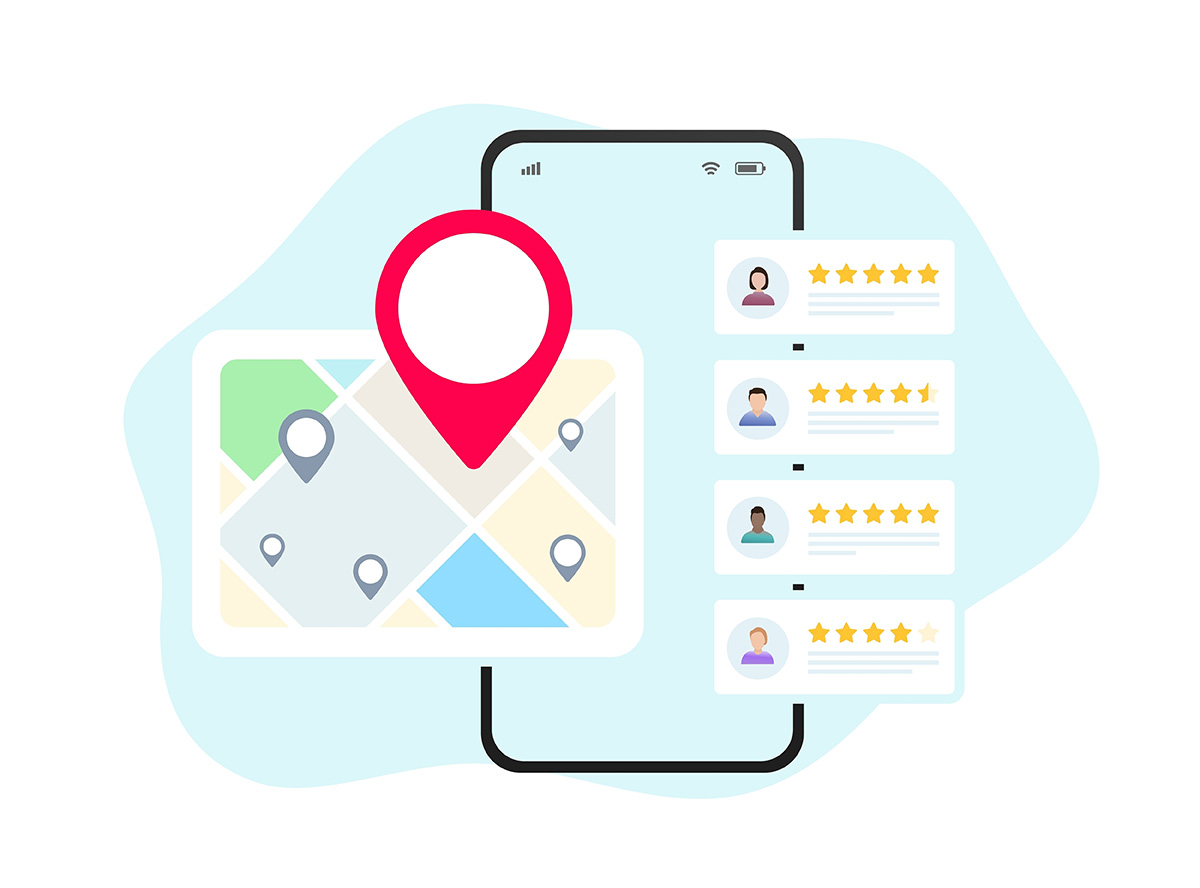You’ve created your healthcare practice brand. You’ve launched your website. You’ve created your social media profiles. What’s your next healthcare marketing move? Every healthcare marketing strategy should focus on building a consistent and powerful online presence that boosts your practice’s visibility and engagement online — and we’re not talking about just Google results!
In today’s digital age, patients are turning to online platforms to research their options, evaluate healthcare organizations and ultimately choose which practice they want to move forward with. While your website is your most powerful asset, it’s not the only online resource you have. Online directory listings are another helpful asset your healthcare practice should be managing.
Yelp has been a powerful online business directory since its launch in 2005. Yelp’s mission remains to help users discover local businesses and find relevant information such as directions, pricing, services offered and business contact information to further engage with their local community. While Yelp has categories for businesses of all industries, healthcare practices and organizations can also benefit from being visible on Yelp.
1. Yelp Boosts Local SEO
Yelp boosts your healthcare practice’s local SEO by increasing your visibility in location-based search results. Yelp is a highly trusted source by search engines. Having a well-crafted Yelp profile with up-to-date information creates trusted citations that search engines can use to produce local results. Your healthcare practice should optimize your Yelp profile with all the latest features to ensure you are maximizing your local presence on Yelp and beyond. These features include:
- Business Category: Make sure you are choosing the most specific and relevant business category Yelp offers.
- Message From The Business: Make sure you add an introductory description of your business, your mission and what you offer your customers. This is an added field that can be keyword-rich with local terms for better visibility in search.
- Service Area: Make sure you include details about the geographical location you service.
- Contact Information: Add your contact information and business hours to ensure users can find you at the right time. Don’t forget to update your business hours for holidays, too!
A strategic and relevant content plan is a cornerstone of any SEO plan, but it’s not the only factor to consider; you also have to prove your credibility and trustworthiness to search engines. Domain authority refers to a search engine ranking factor based on how credible and trustworthy your domain is as a source of information. Having a verified Yelp profile that links back to your healthcare practice’s website boosts your own domain authority in return.
2. Yelp Expands Visibility on AI Search
Emerging AI-powered search is changing user behavior in a big way. With ChatGPT, Perplexity, Google Gemini and Microsoft Copilot, users have more ways to search online than ever before. Some of the leading platforms like OpenAI’s ChatGPT and Perplexity AI are privately-owned companies that are not affiliated with the larger tech conglomerates like Google or Microsoft — meaning they are not tied to using a pre-existing database of information. Google will promote everything within its own ecosystem including Google Business Profiles and Google Maps. Meanwhile, ChatGPT and Perplexity are free to openly use any online resource to pull mixed-media information about local businesses in real-time, including websites, Yelp profiles, online review sites, social media profiles, YouTube videos and more.
Having a verified Yelp profile will increase your healthcare practice’s visibility in AI search since it provides yet another highly credible source of information for AI-powered generative engines to pull from.
3. Yelp Reviews Matter
All customers are influenced by user-generated content such as online reviews. Yelp enhances your healthcare practice’s online reputation by allowing local patients to share their experiences. Positive reviews not only influence potential patients but also act as trust signals to search engines, further boosting your local ranking. Search engines favor businesses with active, positive engagement online.
When comparing online review platforms, everyone’s first thought is to prioritize platforms based on volume. However, that’s not always the best indicator of where to put your practice’s online review efforts. Almost every patient starts their consumer journey with an online search, but since they are so early in the consumer journey, they have a more informative and low-intent approach. This is where Google reviews come in handy — they drive the first impression of your healthcare brand online. A patient won’t make an important healthcare decision based on that one single search. That’s where Yelp comes in. Users look to Yelp when they are further in their consumer journey, meaning they are high-intent patients. Having positive reviews in online places that align with the consumer’s intent will drive better engagement and stronger consideration.
Your online reputation management strategy should not rely solely on Google over Yelp or vice versa. Every relevant online review platform serves its purpose throughout the consumer journey.
Ready to take your search engine marketing to the next level? Contact Katava Marketing today for expert guidance and strategies tailored to your business goals.





